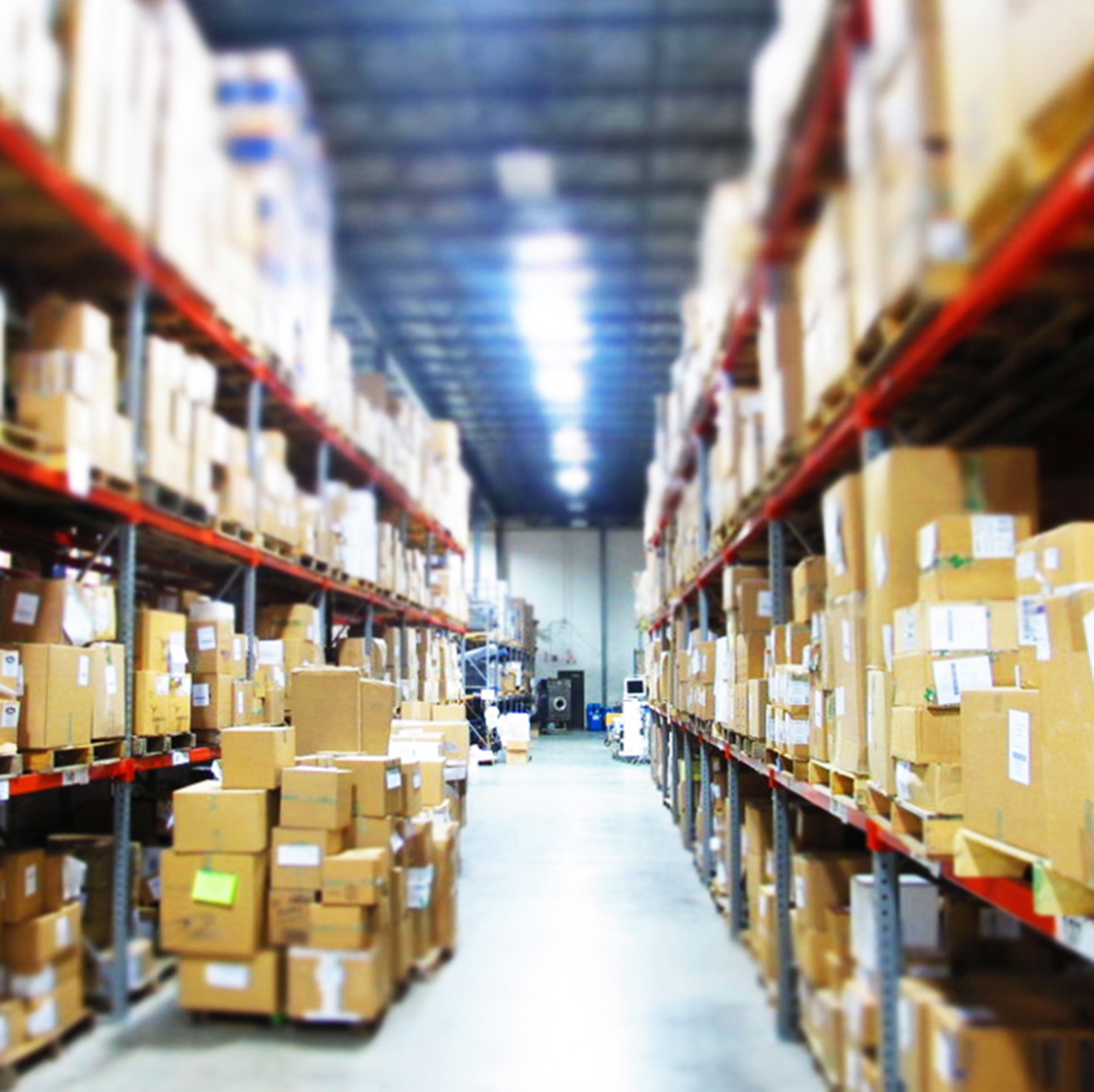Researchers from the Georgia Institute of Technology have identified how medical surplus items can be distributed more efficiently by humanitarian organizations. Two recent articles, “Effective Medical Surplus Recovery” and “Truthful Mechanisms for Medical Surplus Product Allocation,” identify operations methodology that enables recipients to request and receive items that best match their needs.
MedShare, the Medical Surplus Recovery Organization (MSRO) that served as the researchers’ site of research and analysis, by all accounts excels in its mission to “improve the quality of life of people and our planet.” Among the nation’s top-rated nonprofits, the Decatur-based MSRO bridges the gap between surplus and need by shipping excess medical supplies and equipment to developing countries. Since being founded in 1998, MedShare has delivered over $206 million of humanitarian aid and has helped over 19 million patients worldwide. In addition to the social impact of donations, the organization has saved 2.5 million pounds of excess medical items from entering landfills in the United States.
Medshare CEO Charles Redding, who received his bachelor’s degree in Chemical Engineering from Georgia Tech, has forged a number of relationships between his organization and alma mater. On a visit to Scheller College of Business Professor Atalay Atasu’s MBA class in supply chain management, Redding spoke about how MedShare does not fit the typical supply and demand model. Due to its never-ending mission to help those in need and its dependency on donations, MedShare has conceivably infinite demand and very limited supply. He told students how MedShare matched demand and supply: Recipients logged into the system to view current inventory and select those items with which to fill their shipping containers. He compared it to “shopping on Amazo
These exchanges led Professors Atasu and Beril Toktay each to write a case study focused on different facets of MedShare’s exciting supply chain model. Can Zhang, a PhD student in the Stewart School of Industrial & Systems Engineering who is broadly interested in socially responsible operations, heard about these efforts and, along with one of his advisors, George Family Foundation Assistant Professor Turgay Ayer, also became interested in studying MedShare. In studying the nonprofit’s operations, the four researchers discovered that allowing recipients to view and select from an online list of available inventory could create time-based competition in the ordering system, which resulted in recipients selecting and receiving medical items that might not meet their most pressing needs. Zhang applied game theory to the creation of models that would better match inventory and need. He determined that a “wish list” model would provide clarity in regard to recipients’ top priorities. Instead of displaying inventory from which recipients could “go shopping,” the wish list model would let recipients rank their priorities from a list of all potential items, but would hide actual inventory. MedShare would then be able to see which items from their current inventory would best supply which recipient—so they could service that need first.
Redding said MedShare always gives recipients surveys that include the question, “Were you able to use the equipment you ordered?” Most recipients usually answered “yes.” However, Redding noted, “We never asked the question, ‘Did we provide what you really wanted?’ We were forcing them to select from what was available as opposed to identifying what they really needed and having them wait until it was available.” He praised Zhang and the team of researchers in providing a more efficient model for delivering humanitarian aid that can do the most good for a community.
For his work on “Truthful Mechanisms for Medical Surplus Product Allocation,” Zhang won the 2017 POMS College of Sustainable Operations Best Student Paper Award. He is also a finalist for the 2017 INFORMS Doing Good with Good OR Student Paper Competition and the 2017 MSOM Student Paper Competition. Zhang said the project excites him because of the social welfare and humanitarian angle. He said, “I’m from a small town in China, and I have been a part of the people who received aid from others. Therefore, I feel very motivated to study a problem like this—how to help people more effectively. My hope is to build an academic career where I have social impact by working on scarce resource allocation problems in nonprofits and healthcare supply chains.”
References:
A. Atasu, B. Toktay, W.M. Yeo, C. Zhang. “Effective Medical Surplus Recovery.” Forthcoming in Production and Operations Management.
C. Zhang, A. Atasu, T. Ayer, B. Toktay. “Truthful Mechanisms for Medical Surplus Product Allocation.” Submitted.

